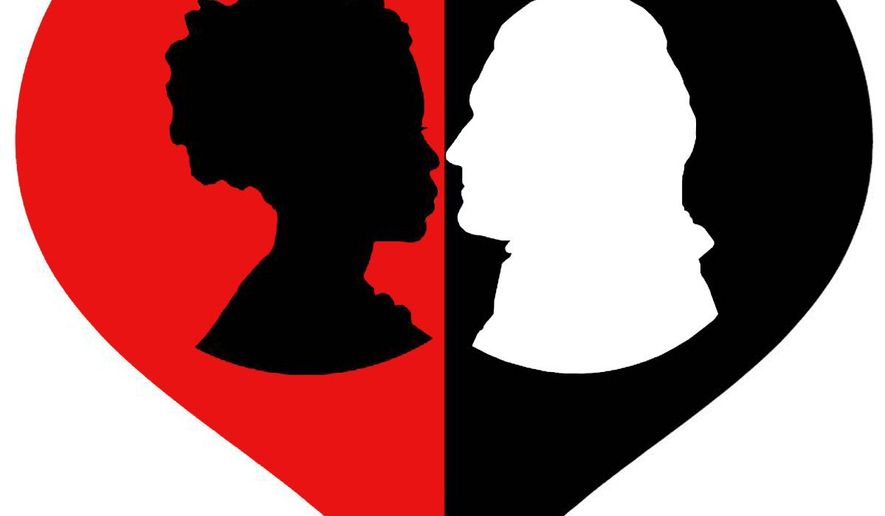This is the fifth installment in an occasional series that will focus on slavery, the Constitution and the current debate over the meaning of America’s founding. The most recent episode featured a conversation with historian and Pulitzer Prize-finalist Kate Masur.
Visitors to Monticello, Thomas Jefferson’s mountaintop plantation in Virginia, are shown in exhibits and tours a skewed interpretation of his life, according to a report by the Heritage Foundation, a conservative think tank that decries the “hyper-revisionism” and “racialist agenda” emphasizing slavery at the expense of Jefferson’s political and civil accomplishments. The report also examines the exhibits at George Washington’s Mount Vernon and James Madison’s Montpelier.
In this episode of History As It Happens, Heritage Foundation President Kevin Roberts, who has a Ph.D. in early American history focusing on slavery and race, discusses the exhibits at Monticello in the context of the ongoing “history wars” that were sparked by the publication of the 1619 Project and the national reckoning on race.
“What the Constitution allowed was that there could be political conflict well before the Civil War about what to do about slavery,” said Mr. Roberts, who views the Constitution as a “contested document” that was neither entirely pro- nor anti-slavery. “There were, in every decade, conflicts [over slavery]. They manifested themselves in every presidential election. They manifested themselves in every presidential administration.”
In Mr. Roberts’ view, the exhibits and tours at Monticello “erase” Jefferson’s monumental contributions to an American cause underpinned by Enlightenment principles of personal liberty, in favor of a one-sided view focusing largely on Jefferson’s contradictions and hypocrisies.
SEE ALSO: History As It Happens: Misunderstanding slavery
Listen to the conversation with the Heritage Foundation’s Kevin Roberts by listening to this episode of History As It Happens.




